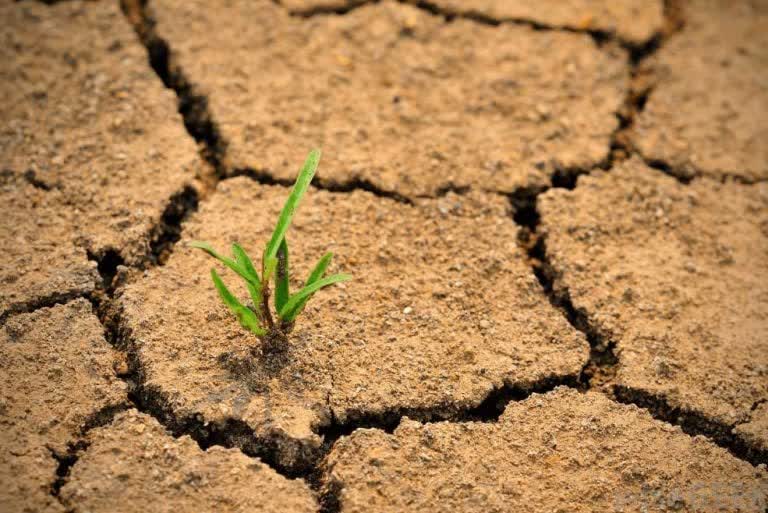
Recycling Water in the Steel Industry
Petroleum-based residue is one of the most important challenges of major industries, including steel, petroleum and petrochemical companies. There is a significant portion of the oil usually in the form of an emulsion that is difficult to separate from the water phase. The presence of emulsified oils in the sewage causes considerable environmental concerns. In addition, they have a very strong negative impact on physical operations and biological treatment of water. One of the most efficient and simplest methods used in the water recycling system is to separate fat and grease, coagulation/ flocculation.
Flocculants are generally classified into two groups:
- Mineral coagulants, such as aluminum sulfate, poly aluminum chloride and polymerized iron sulfate
- Synthetic and natural organic polymer coagulants
منعقد کنندههای معدنی به pH بسیار حساس هستند، نسبت به ذرات بسیار کوچک ناکارآمد هستند. دوزهای زیادی از منعقد کننده برای لخته سازی کارآمد مورد نیاز است، مصرف زیاد مقدار نمکهای حاوی آلومینیوم باعث بیماری آلزایمر شود. لختهسازهای پلیمری، بهویژه پلیمرهای کاتیونی، میتوانند در فرآیندهای لختهسازی مستقیم مورد استفاده قرار گیرند، زیرا دارای عملکرد دوگانه انعقاد و لختهسازی هستند و بارهای منفی را از طریق پل زدن بر ذرات ناپایدار خنثی میکنند. فلوکولانتهای پلیمری آلی مصنوعی مانند پلی آکریل آمید (PAM) و مشتقات آن مونومرهای باقیمانده واکنش نداده از جمله آکریل آمید و اتیلن ایمین، از خود بر جا میگذارند. سمیت بالای آکریل آمید مشکلات زیست محیطی و خطر سلامت انسان را به دنبال دارد. بنابراین طراحی و توسعه لختهسازهای پلیمری طبیعی به دلیل غیرسمی بودن و زیست تخریب پذیری فرآیند چالش برانگیز است .
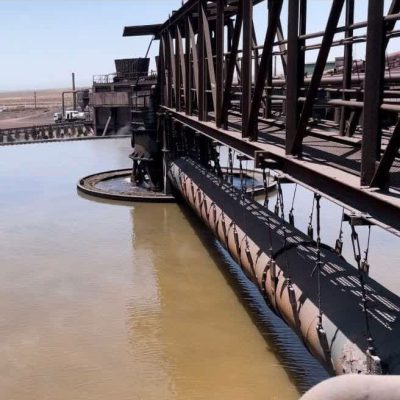
Mineral coagulants are very sensitive to pH, and very ineffective towards very small particles. Many doses of coagulant are required for efficient clotting, and the high consumption of aluminum salts can cause Alzheimer’s disease. Polymer coagulants, especially cation polymers, can be used in direct clotting processes because they have dual coagulation and clotting function and neutralize negative loads by bridging on unstable particles. Synthetic organic polymer flocculants such as polyacrylamide (PAM) and its derivatives leave unreactive monomers, including acrylamide and ethylene behind. The high toxicity of acrylamide leads to environmental problems and the hazard for human health. Therefore, the design and development of natural polymer coagulants is a challenging process due to non -toxicity and biodegradability.


The oseal C10 is a biodegradable cationic biopolymer capable of separating fat and grease particles as well as water-suspended solids. This compound separates the negatively charged particles through electrostatic interaction with the formation of stable clots. Also, due to the hydrophilic and hydrophobic parts in its structure, it can bring part of the emulsified oil to the water surface. The oar embedded in the Clarifier system can remove fat from the surface of the suspended particles at the pool floor.
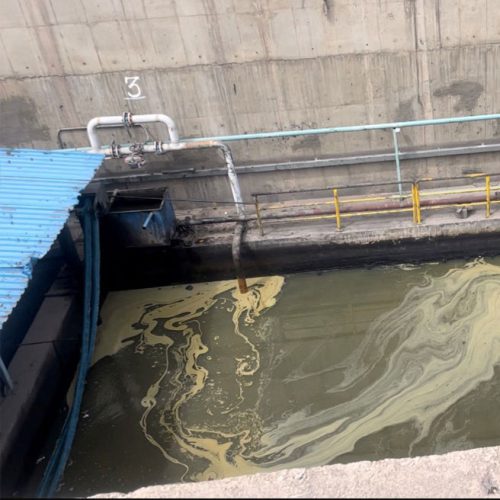
- کاهش TDS وTSS
- کاهش قابل توجه روغن امولسیون شده
- بدون نیاز به آماده سازی و تجهیزات خاص
- عدم وابستگی به pH
- عملکرد بالا در زمان کمتر و دوز پایینتر
- مقرون به صرفه
- بدون تاثیر بر سلامت انسان و موجودات (غیر سمی)
- بدون تاثیرات مخرب بر محیط زیست (زیست تخریب پذیر )
- افزایش مدت زمان بک واش فیلتر شنی از طریق تجزیهی باکتریها


Advantages of BioGME Technology in Steel Industry’s Water Recycling Systems
- Reduced TDS and TSS
- Significant reduction of emulsified oil
- No need for special preparations and equipment
- pH -independence
- High function in less time and lower dose
- Affordable
- Ineffective on human and other beings’ health (non -toxic)
- No destructive effects on the environment (biodegradable)
- Lengthened duration of sand filter backwash through the decomposition of bacteria
- تصفیه پسآب حرم مطهر امام رضا (ع) با همکاری مزرعه نمونه در مصارف کشاورزی
- انجام طرح آزمایشی تصفیه پساب روستای کرچکان به ظرفیت 150 مترمکعب در روز به روش زیست پالایی تسریع شده
- تصفیه پساب کشتارگاه مرغ دانیال
- باز چرخانی آب در باس واش اتوبوسرانی شاهین شهر
- تصفیه پساب گاوداریها جهت مصرف کشاورزی
- کاهش چربی و کدورت از پساب شرکت صبا فولاد زاگرسر
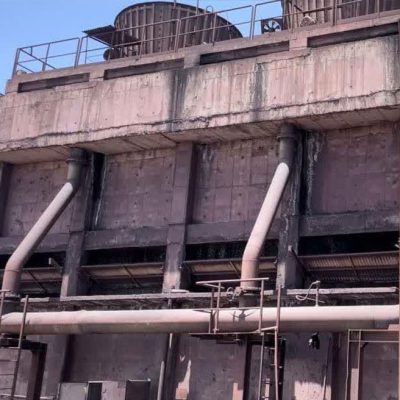
Accomplishments
Imam Reza shrine effluent treatment for agricultural use in cooperation with Model Farm
Karchegan Village Effluent Treatment Plant pilot project with a capacity of 150 cubic meters per day using accelerated bioremediation
Danial Poultry Slaughterhouse effluent treatment
Water recycling at Bus Wash of Shahin Shahr Urban Transport
Dairy farms’ effluent treatment for agricultural consumption
Reduction of fat and turbidity from Saba Zagros Steel’s effluent


Related articles
Read the latest updated articles
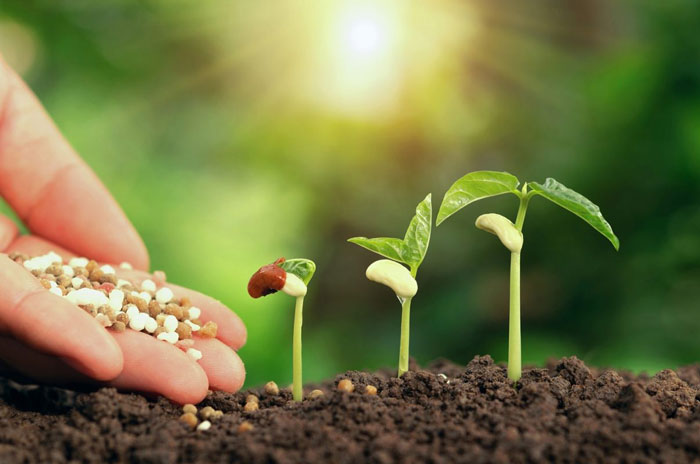
Science and definition of soil biology
2023-07-03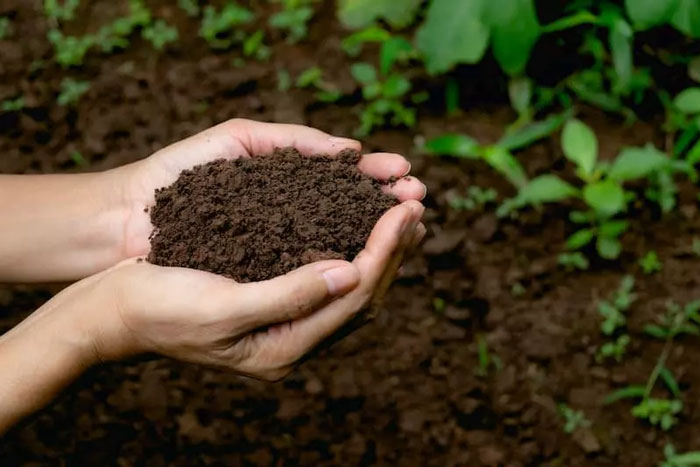
Soil Pattern
2023-07-03